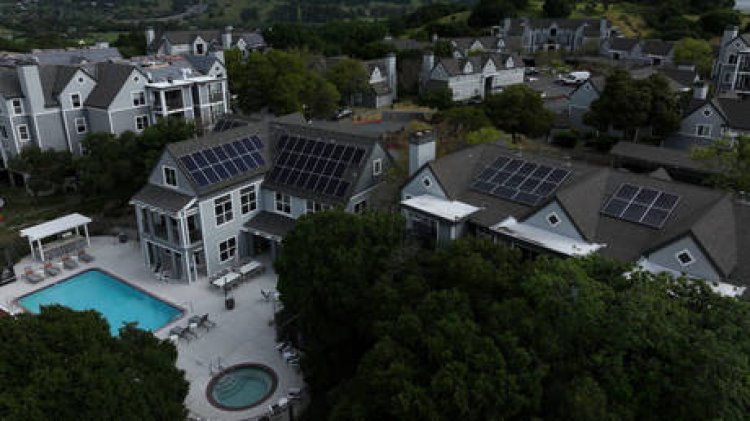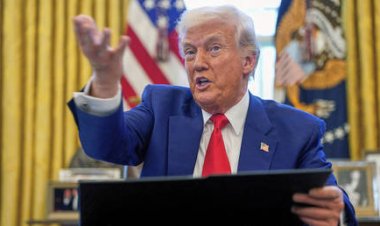US imposes tariffs as high as 3,521% on solar imports linked to China
The recently announced tariffs by Washington on solar imports from Southeast Asia range as high as 3,521%, as reported by the US Department of Commerce on Monday. The increases follow accusations that manufacturers owned by Chinese companies...

These tariffs specifically target imports from Malaysia, Cambodia, Thailand, and Vietnam, which together contributed over $12.9 billion in solar equipment to the US market last year, as highlighted by Bloomberg.
Referred to as antidumping and countervailing duties, these measures are designed to neutralize the effects of what the US Commerce Department considers unfair subsidies and pricing strategies.
The decision to impose these tariffs stemmed from a petition filed by the American Alliance for Solar Manufacturing Trade Committee, representing several US manufacturers. The domestic companies asserted that Chinese solar producers with facilities in these Southeast Asian nations were selling panels at prices below manufacturing costs and profiting from unfair subsidies that jeopardize the competitiveness of US-made products.
Tariff rates differ by company and country: Jinko Solar’s items from Malaysia are subject to a combined dumping and countervailing duty of 41.56%, Trina Solar's products from Thailand are hit with tariffs of 375.19%, while Cambodian suppliers, who did not cooperate with the investigation, face punitive rates of up to 3,521%.
Opponents of the tariffs, including the Solar Energy Industries Association, contend that these duties will negatively impact US solar manufacturers by raising the costs of imported cells, which American factories utilize for panel assembly, as noted by Reuters.
The International Trade Commission, an independent US federal agency that examines trade-related issues, is scheduled to vote in June to assess whether the domestic industry has been materially harmed by these imports, a critical step for the implementation of the tariffs.
In the past, when similar duties were applied to solar imports from China approximately twelve years ago, Chinese companies responded by relocating operations to countries not subject to these tariffs, according to Bloomberg.
These new tariffs will be in addition to the extensive tariffs implemented by US President Donald Trump, which have caused significant disruptions in global markets. Thus far, Trump has levied tariffs of 145% on Chinese imports and hinted at a potential increase to 245%.
China has accused the US of "bullying," retaliated with a 125% tax on US products, and pledged to "fight to the end."
Anna Muller for TROIB News
Discover more Science and Technology news updates in TROIB Sci-Tech











